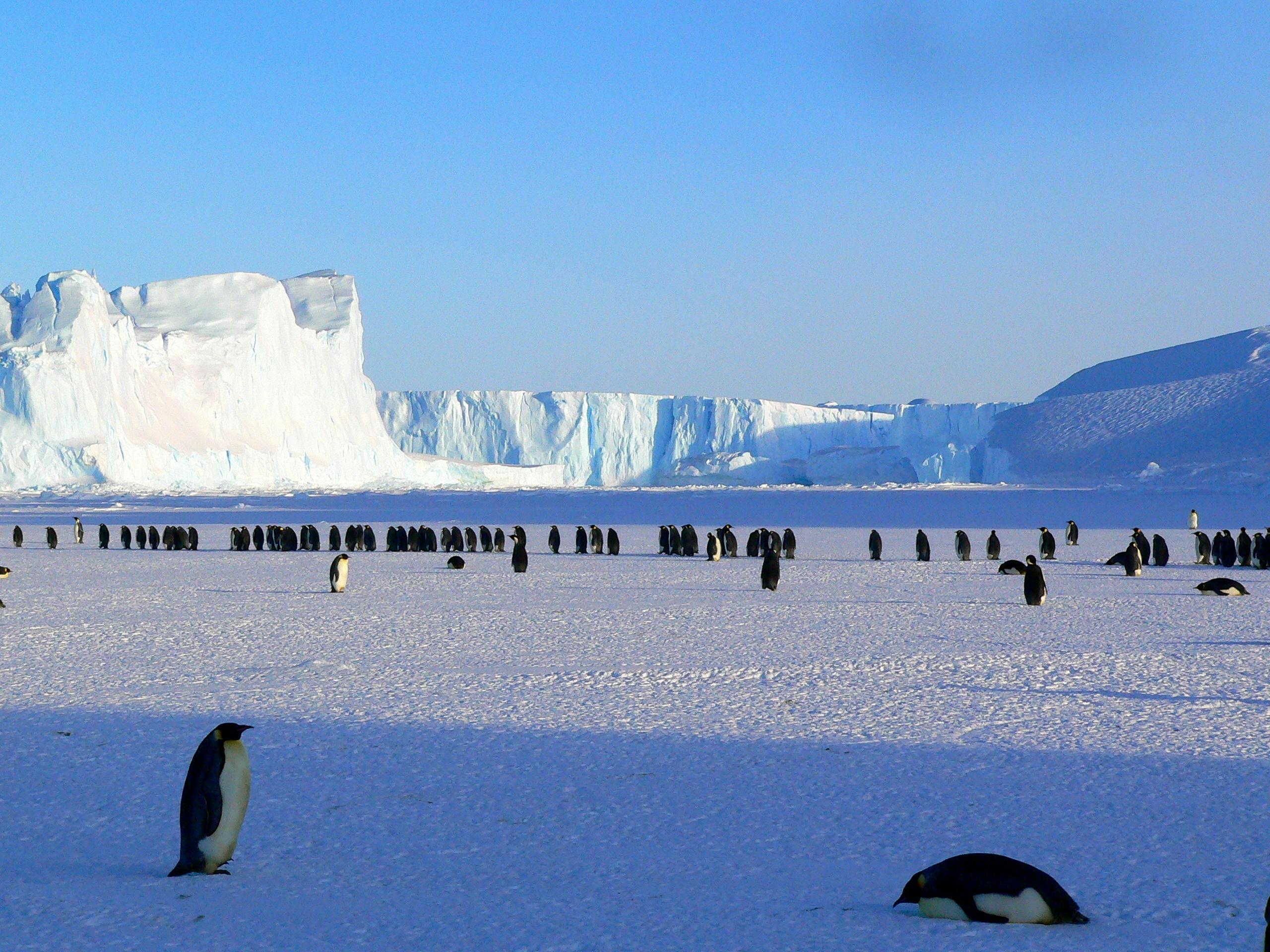Antarctica in a World After Empire
Rebecca Herman
History
UC Berkeley
When decolonization transformed the globe, the nation-state became the gold standard for governing humans, but questions remained about how places and resources beyond national borders factored into the new world order. Who decides what happens in places that humans don’t naturally inhabit, like Antarctica, the deep seas, and outer space? My current book project examines this question through a struggle over Antarctica that unfolded in the 1970s and 80s. During these years, speculation about the future of mining in Antarctica gave rise to distinct visions for the continent’s future. Argentina and Chile colonized the Antarctic peninsula with civilian settlements to assert national claims to the territory; a growing transnational environmental movement campaigned to make Antarctica humanity’s first “World Park,” off limits to exploitation; and leaders of recently decolonized countries declared the Antarctic part of the “common heritage of mankind” whose resources should not be controlled by the wealthy. With Antarctica as the narrative backbone, this book examines entangled understandings of the environment that came to the fore as international society attempted to reconcile an emerging common concern with “the planet” with the disparate economic and geopolitical concerns of the different countries and people that populate it.

